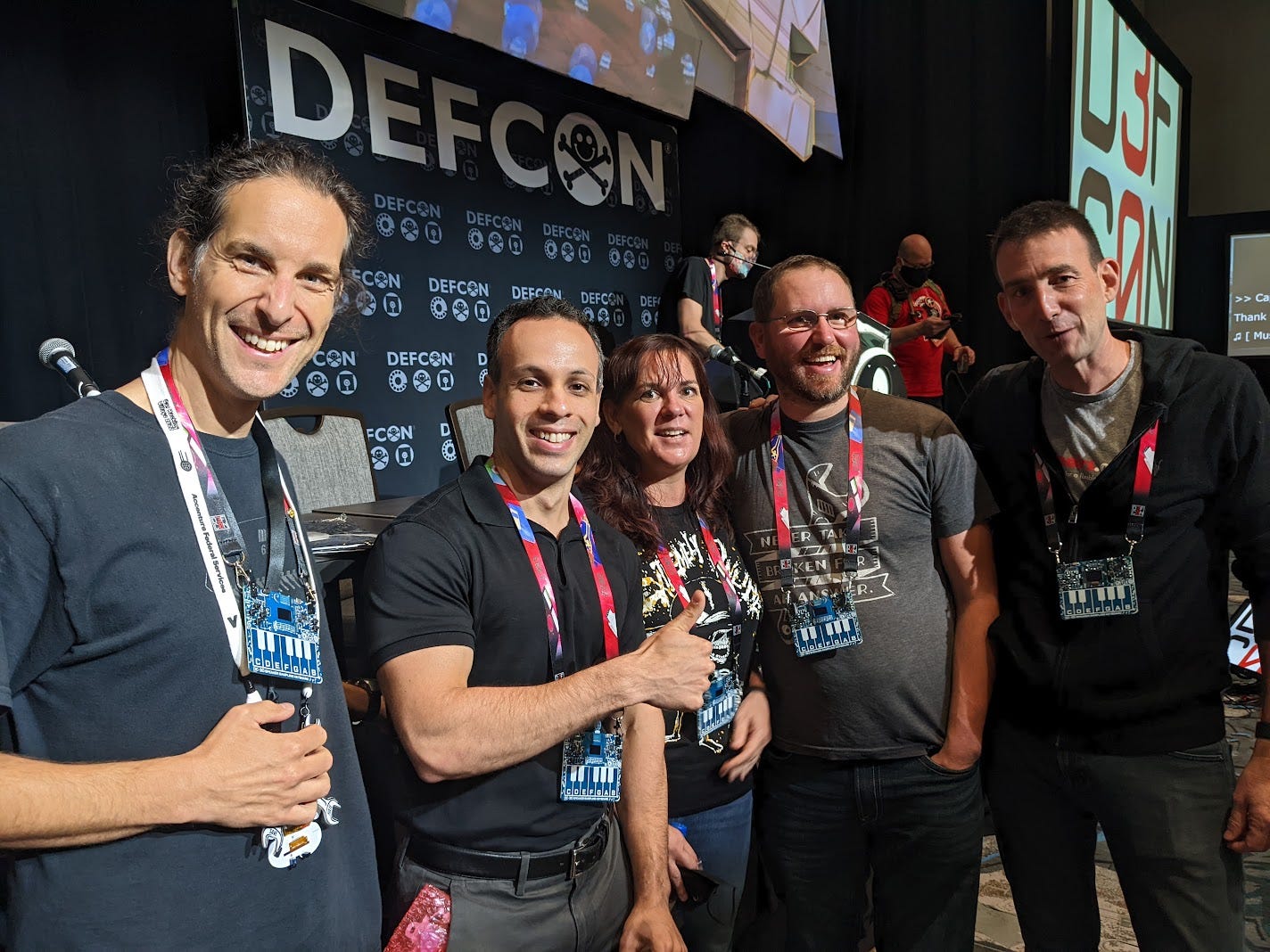Video: Can Repair Short Circuit Our Tech-Enabled Dystopia?
In this panel discussion at the DEF CON hacking conference experts talk about the dystopian reality of tech-enabled repair monopolies and how a right to repair can save us.
Terry Gilliam’s 1985 cult film Brazil imagines a polluted, hyper-consumerist and totalitarian dystopia in which a renegade heating engineer, Archibald Tuttle, takes great risks to conduct repairs outside of the stifling and inefficient bureaucracy of “Central Services.” When Tuttle’s rogue repairs are detected, Central Services workers demolish and seize repaired systems under the pretext of “fixing” them.
It’s dark. It's also not so far off from our present reality in which device makers use always-on Internet connections, DRM and expansive copyright and IP claims to sustain “Central Services”-like monopolies on the service and repair of appliances, agricultural and medical equipment, personal electronics and more.
The net effect of this is some Brazil-like weirdness - like farmers in middle America using Ukrainian firmware to free their equipment from Orwellian and exploitive service monopolies. Mal-adaptations like that also produce a less- not more- secure ecosystem of connected things that burdens consumers, businesses and the planet. Simply: manufacturers who don’t face competition for repair and maintenance have no incentive to provide top-tier service.
At the DEF CON Conference in Las Vegas in August, I pulled together a panel of experts to delve into just how OEMs’ anti-repair arguments trumpet cybersecurity risks, while strangling independent repair and dissembling about the abysmal state of embedded device security. In the panel, “Brazil Redux,” we examined how the emergent “right to repair” movement aims to dismantle this emerging “Brazil” style dystopia and lay the foundation for a “circular” economy that reduces waste while also ensuring better security and privacy protections for technology users.

I moderated the discussion. Our panelists were:
Kyle Wiens (@kwiens)
Kyle Wiens is the cofounder and CEO of iFixit, an online repair community and parts retailer internationally renowned for its open source repair manuals and product tear downs.Corynne McSherry (@cmcsherr)
Corynne McSherry is the Legal Director at EFF, specializing in intellectual property, open access, and free speech issues.Joe Grand (@joegrand)
Joe Grand is a product designer, hardware hacker, and the founder of Grand Idea Studio, Inc. He specializes in creating, exploring, manipulating, and teaching about electronic devices.Louis Rossmann (@figthtorepair)
Louis Rossmann is the owner of Rossmann Repair Group, a computer repair shop established in 2007 that specializes in repair of MacBooks, iPhones and other electronic devices. Louis’s YouTube channel, with more than 1.7 million subscribers, documents repairs as and dispenses advice and opinions on the right to repair.
Check out the video below!



